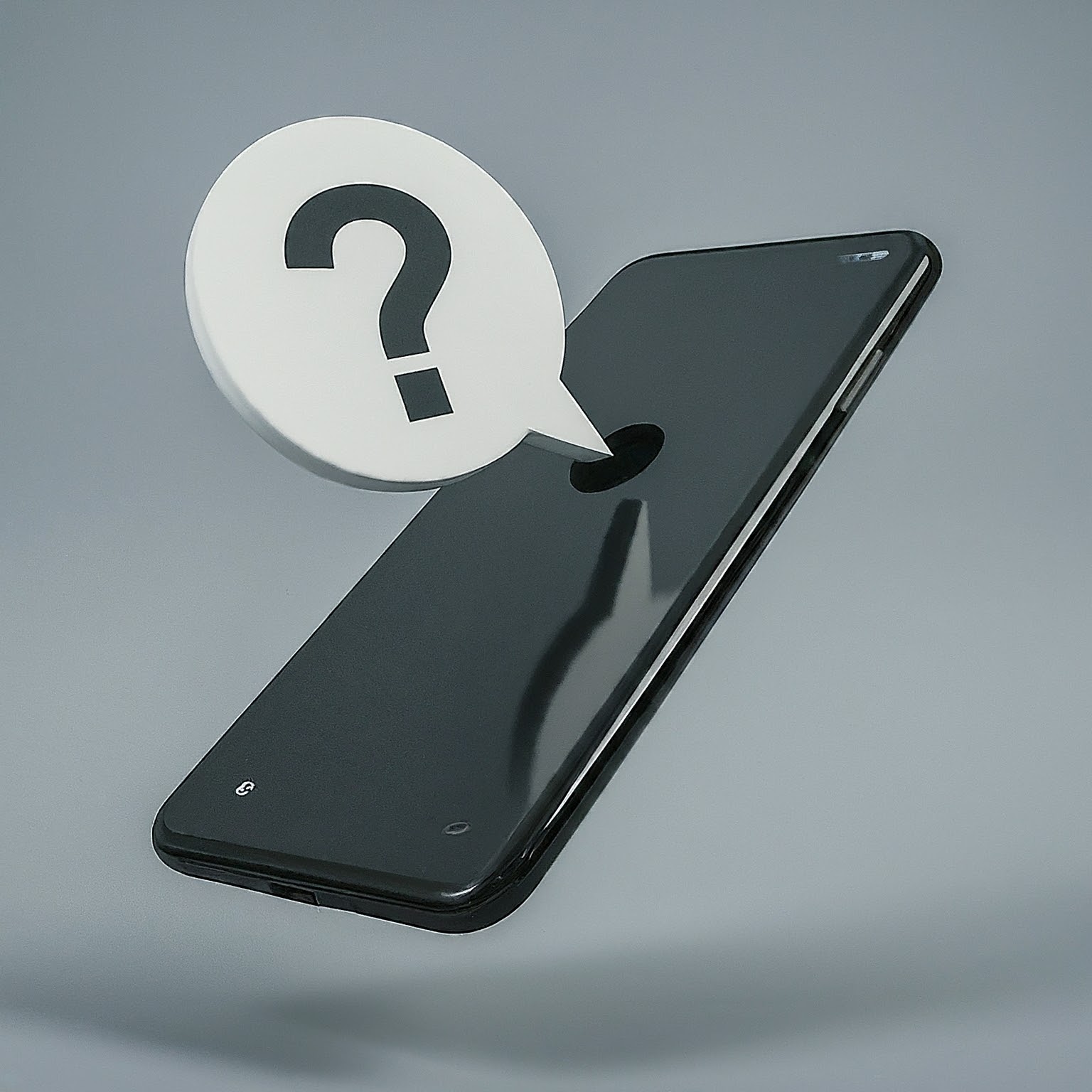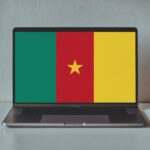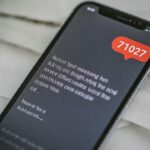The text message short code 73981 is a legitimate and official SMS short code used by Bank of America (BofA) for customer security and verification services.
If you receive a text from 73981, it is most likely a SafePass Code needed to log into your account, authorize a large transaction, or reset a password. Due to the sensitive nature of the content, you must treat these messages as highly secure and confirm their legitimacy.
This article details the exact purpose of the 73981 short code, explains how to handle the security code, and provides clear steps on what to do if you receive this code unexpectedly.

Main Body: The Purpose of the 73981 Short Code
The 73981 short code is utilized by Bank of America for transactional alerts, which are non-marketing messages that help maintain account security.
- Two-Factor Authentication (2FA)
- Primary Use: The 73981 code delivers a one-time, 6-digit SafePass Code (or security code). This code is generated when you attempt to log into your BofA account from a new device or browser, or when you attempt a high-risk activity like transferring a large sum of money.
- Message Content: The text typically reads: “BofA: Your SafePass code is XXXXXX. DO NOT share this code. We will NEVER call you or text you for it.”
- Transactional and Fraud Alerts
Bank of America also uses 73981 for alerts regarding suspicious activity or high-value transactions, asking you to reply ‘Yes’ or ‘No’ to confirm the activity.
While the text message itself is legitimate, its content is the precise target of a common phishing scam.
The Scam Scenario (Bait and Switch)
Scammers exploit the fact that the 73981 short code is trusted:
- The Call: A scammer calls you from a spoofed local number, pretending to be a BofA Fraud Representative or a representative from another institution (like the IRS).
- The Code Request: The scammer claims they see “suspicious activity” on your account and says they are sending a text (the SafePass code from 73981) that you need to “read to them to verify your identity and stop the fraud.”
- The Theft: If you give the scammer the code, they use it immediately to complete a login or transfer on their end, locking you out of your account and stealing your funds.
Actionable Safety Rule:
NEVER read a security code, SafePass code, or One-Time Password (OTP) to anyone who calls you, even if they claim to be from Bank of America. The text message explicitly states, “We will NEVER call you or text you for it.”
Troubleshooting and Unexpected Texts
What to Do If You Receive an Unexpected Text from 73981
If you receive a SafePass Code from 73981 but were not trying to log into your Bank of America account:
- Do Not Reply to the Text: Do not engage with the message in any way.
- Change Your Password: Immediately log in to your Bank of America account through the official website or mobile app (not a link in the text) and change your password. An unexpected code means someone attempted to access your account.
- Contact BofA Directly: Call the number listed on the back of your bank card (or the official 1-800 number from the BofA website) to report the attempted fraudulent access.
How to Stop Transactional Texts from 73981
Since the 73981 code is for security, BofA does not allow users to fully block all communication. However, you can manage your alert preferences:
- Log in to your Bank of America account online.
- Navigate to Security Center or Alerts Settings.
- Adjust your settings to minimize alerts, choosing only the highest-risk transactions for notification.
Frequently Asked Questions (FAQ)
Does Bank of America use any other short codes?
Yes, banks often use multiple short codes for different functions (e.g., account balance check, deposit notification, fraud alerts). However, 73981 is one of the most widely confirmed codes for BofA’s SafePass and high-value transactional alerts.
Is texting 73981 free?
Yes. Short codes in the US are typically non-premium. Sending a text to 73981 will only incur standard SMS messaging fees, which are included in most unlimited texting plans.
Can I share the SafePass code with a Bank of America employee if I call them?
Even if you initiated the call to Bank of America, be extremely cautious. BofA’s standard message warns against sharing the code with anyone. If a legitimate BofA representative asks for the code, it is usually only to verify your identity during a transaction you initiated. However, for maximum security, always question why they need the code and ensure you are on a verified BofA phone line.
Conclusion
The 73981 short code is the confirmed sender for Bank of America SafePass and security alerts. While the number is legitimate, the security code is not to be shared. Protecting your financial security requires treating these messages as high-security documents and ensuring that no one—especially not an unexpected caller—ever gains access to the code.


